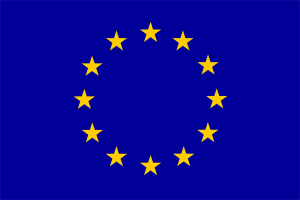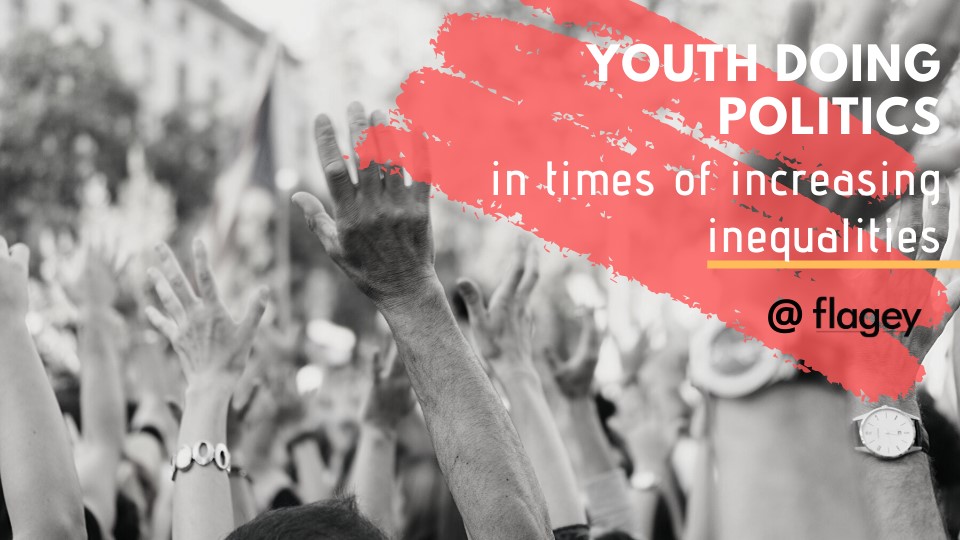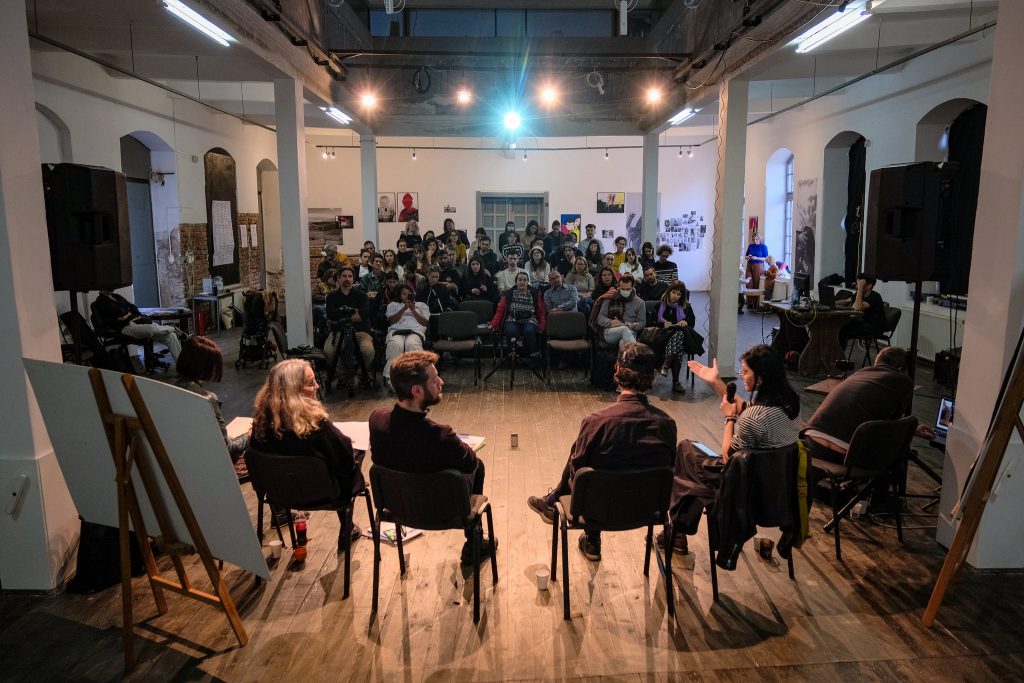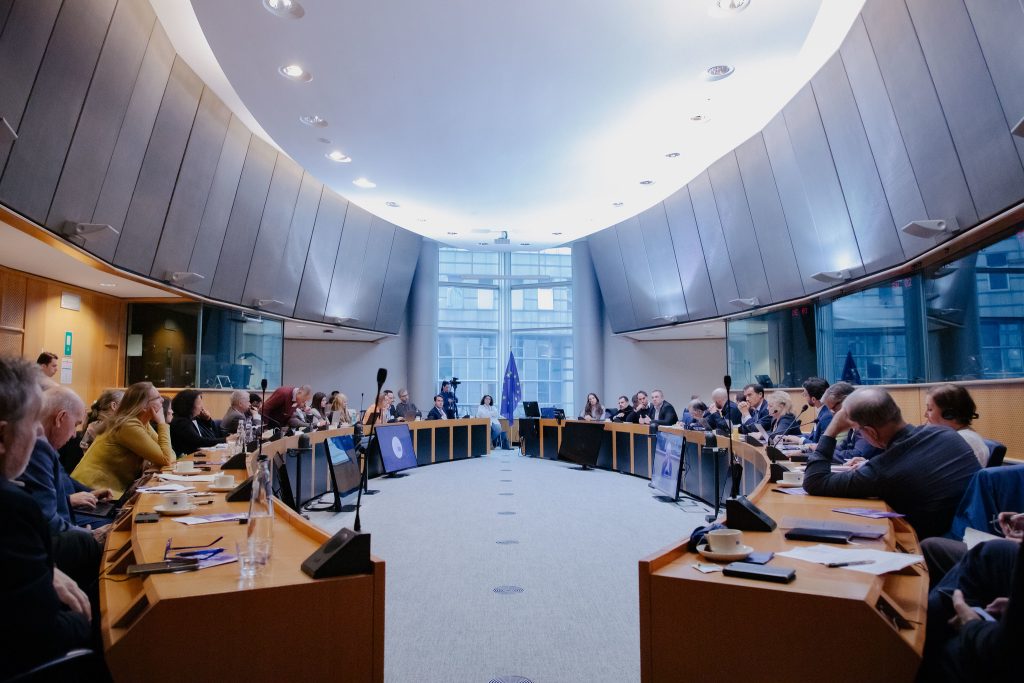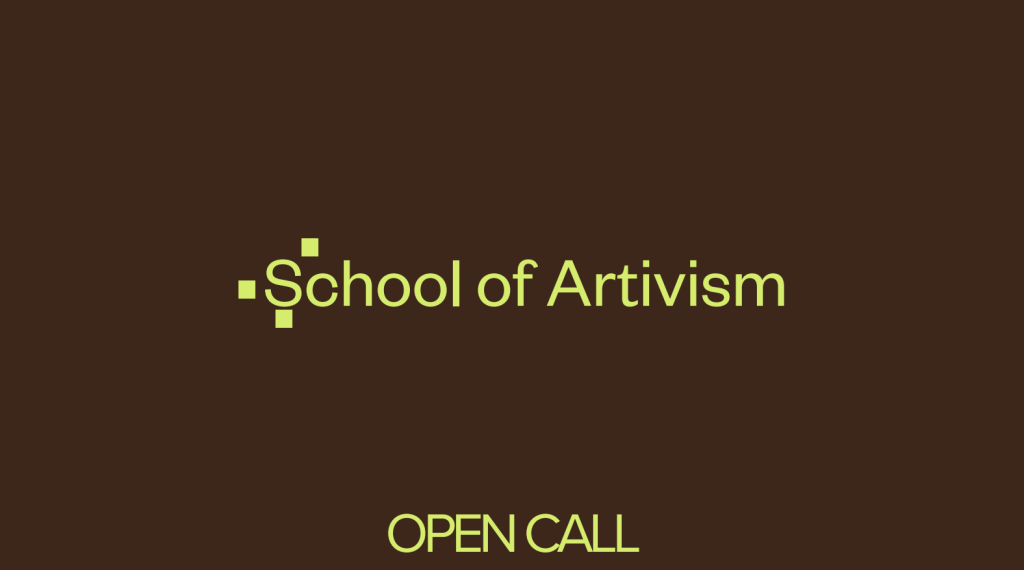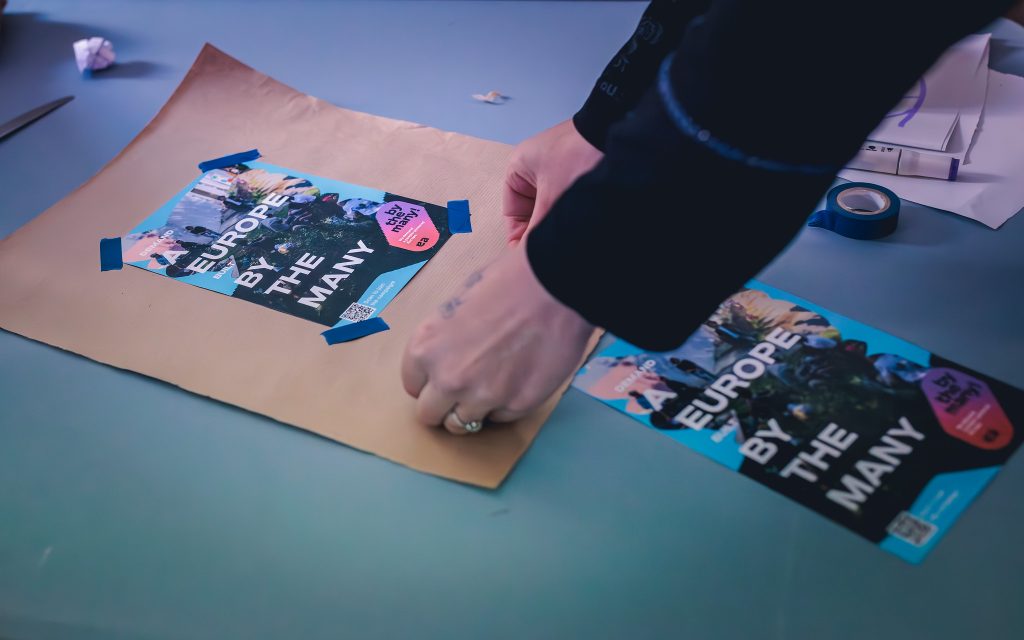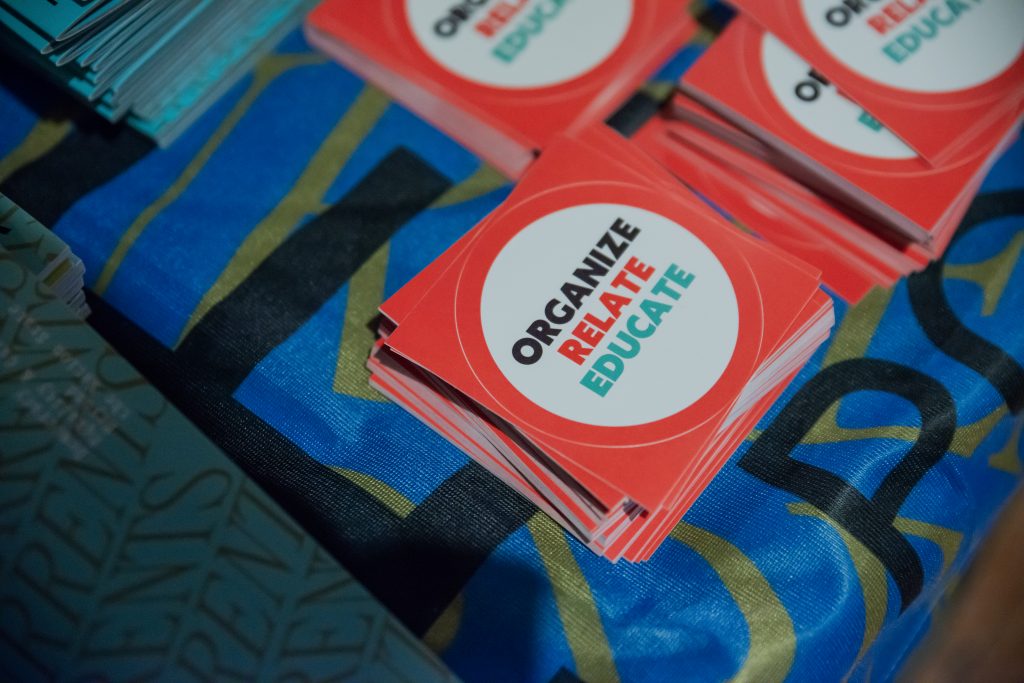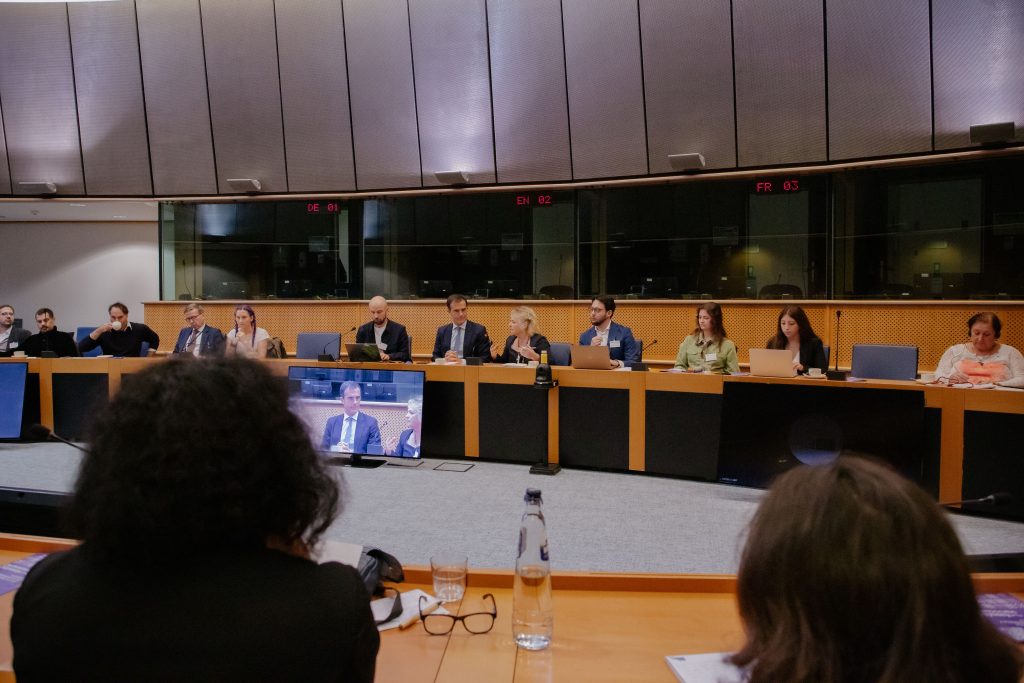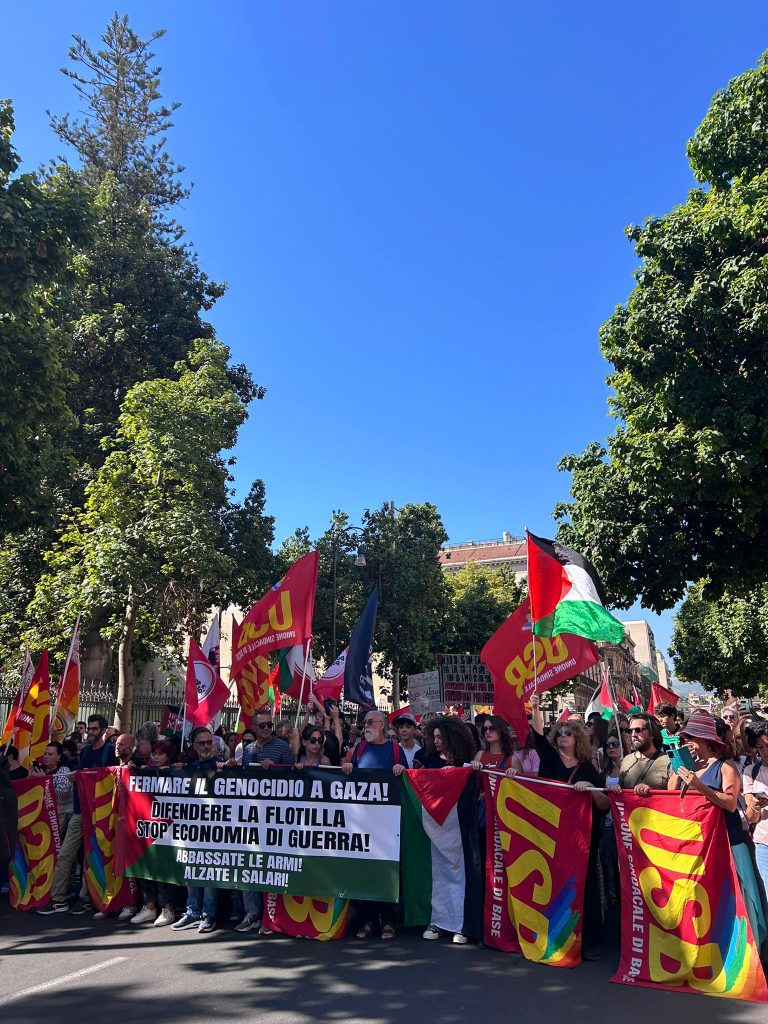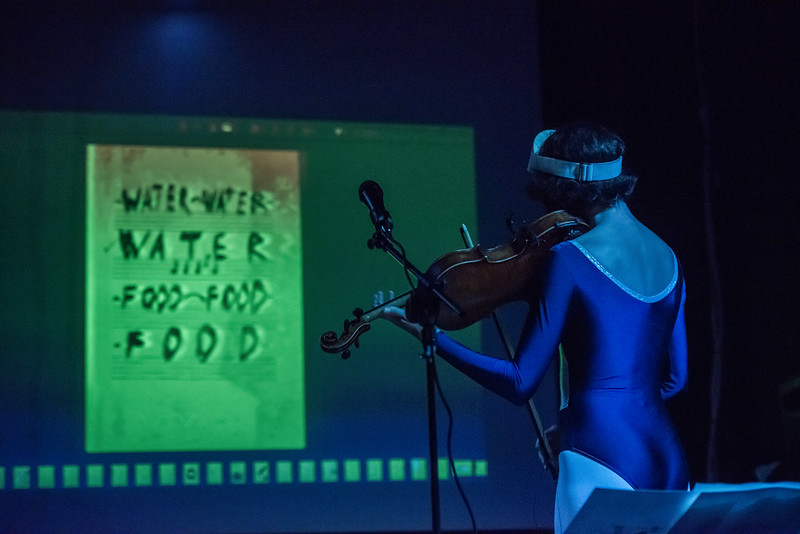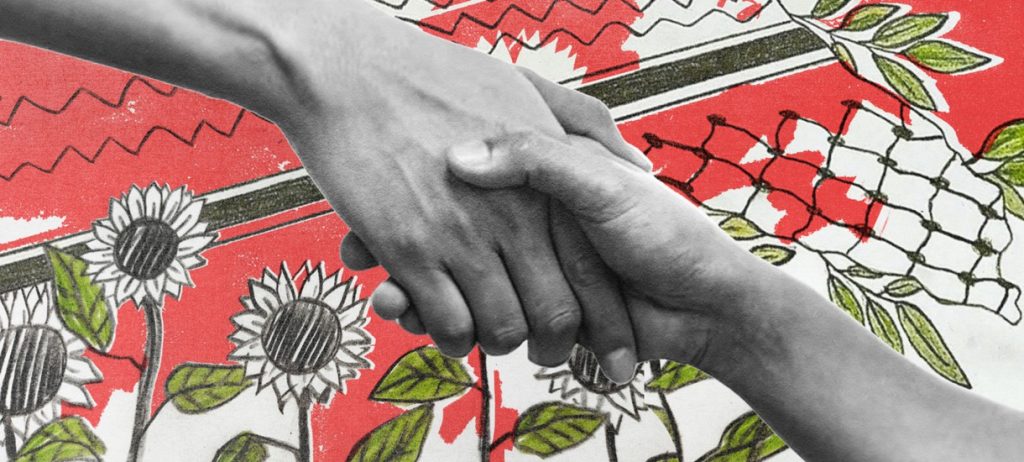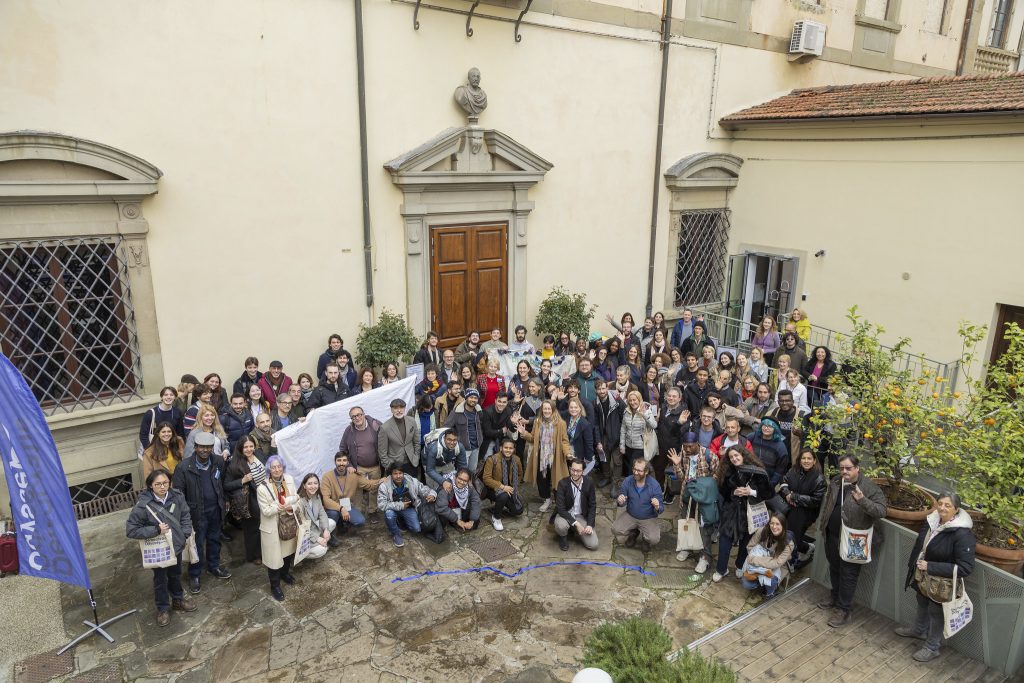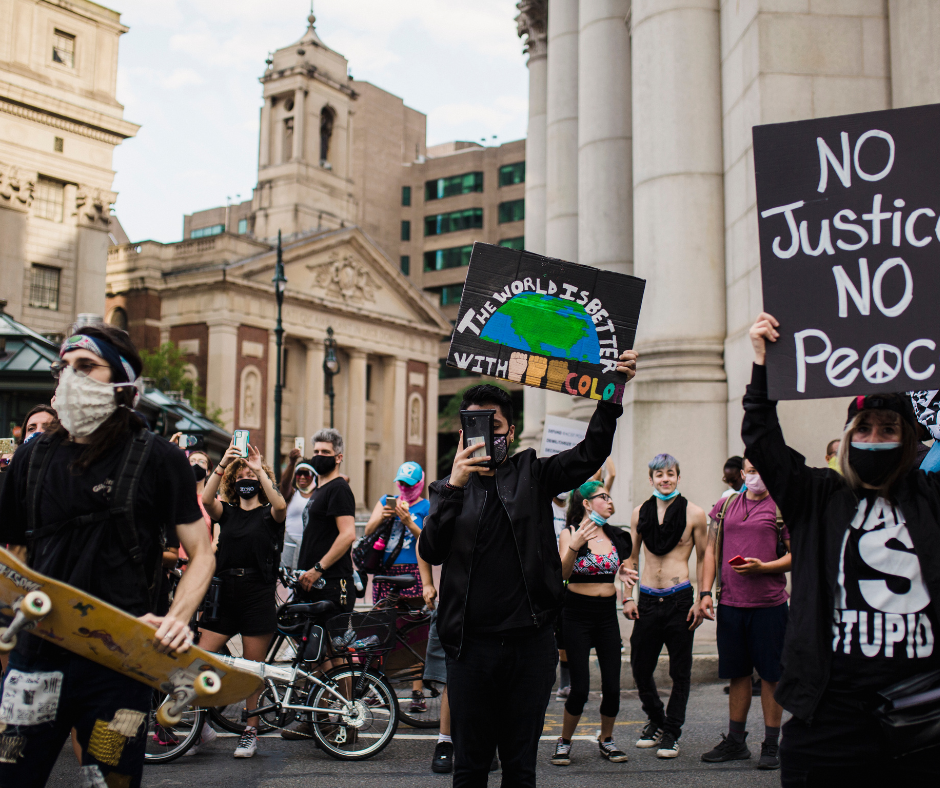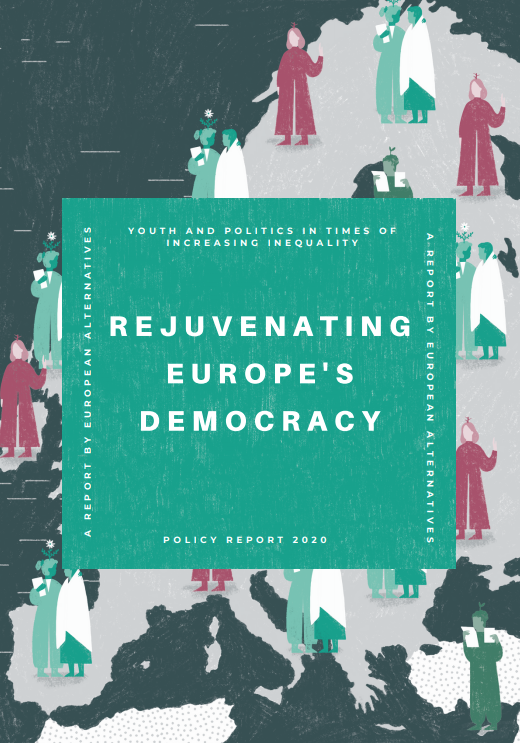EURYKA aims to study the relations between inequalities and young people’s ways of doing politics and to advance scenarios for future democratic models and political systems in Europe that are more inclusive for young people.
To achieve this, it will:
(1) provide systematic evidence on the mechanisms for coping with inequalities which are embedded in young people’s ways of doing politics; these coping mechanisms are manifested in multiple forms, for example, as either political (dis)engagement and contestation online and offline or as (trans-)national democratic innovation and experimentation
(2) generate knowledge on young people’s values, attitudes, and behaviours related to democracy, power, politics, policymaking, social and political participation (online and offline) and the organisation of economic, social and private life in order to identify ways to strengthen youth political participation and engagement with democratic life in Europe
(3) suggest a set of future scenarios for the development of democracy and political participation in Europe, placing particular emphasis on empowering young people especially those with fewer opportunities. The research design consists of a multidimensional theoretical framework that combines macro-level (institutional), meso-level (organisational), and micro-level (individual) explanatory factors, and an integrated methodological approach based on multiple sources and methods (policy analysis, claims-making analysis, organisational survey, panel survey, survey experiments, biographical interviews, and social media analysis).
‘Political Youth’: a web-documentary to reinvent democracy in Europe
As part of the research, we have produce a web-documentary to tell the stories of young people who are at the forefront of political change, despite living in contexts of social inequalities.
CHECK THE WEB-DOCUMENTARY
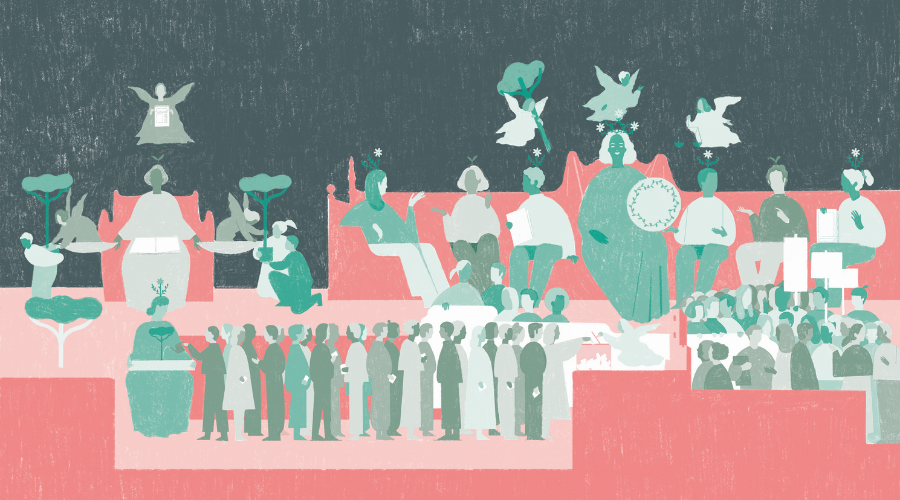
Illustration by Marina Fernandez
Report: ‘Rejuvenating Europe’s Democracy’
As part of the web-documentary, we have published a report suggesting that the youth of Europe are disadvantaged by structural injustice and are often misrepresented, misunderstood and less well protected than other age groups.
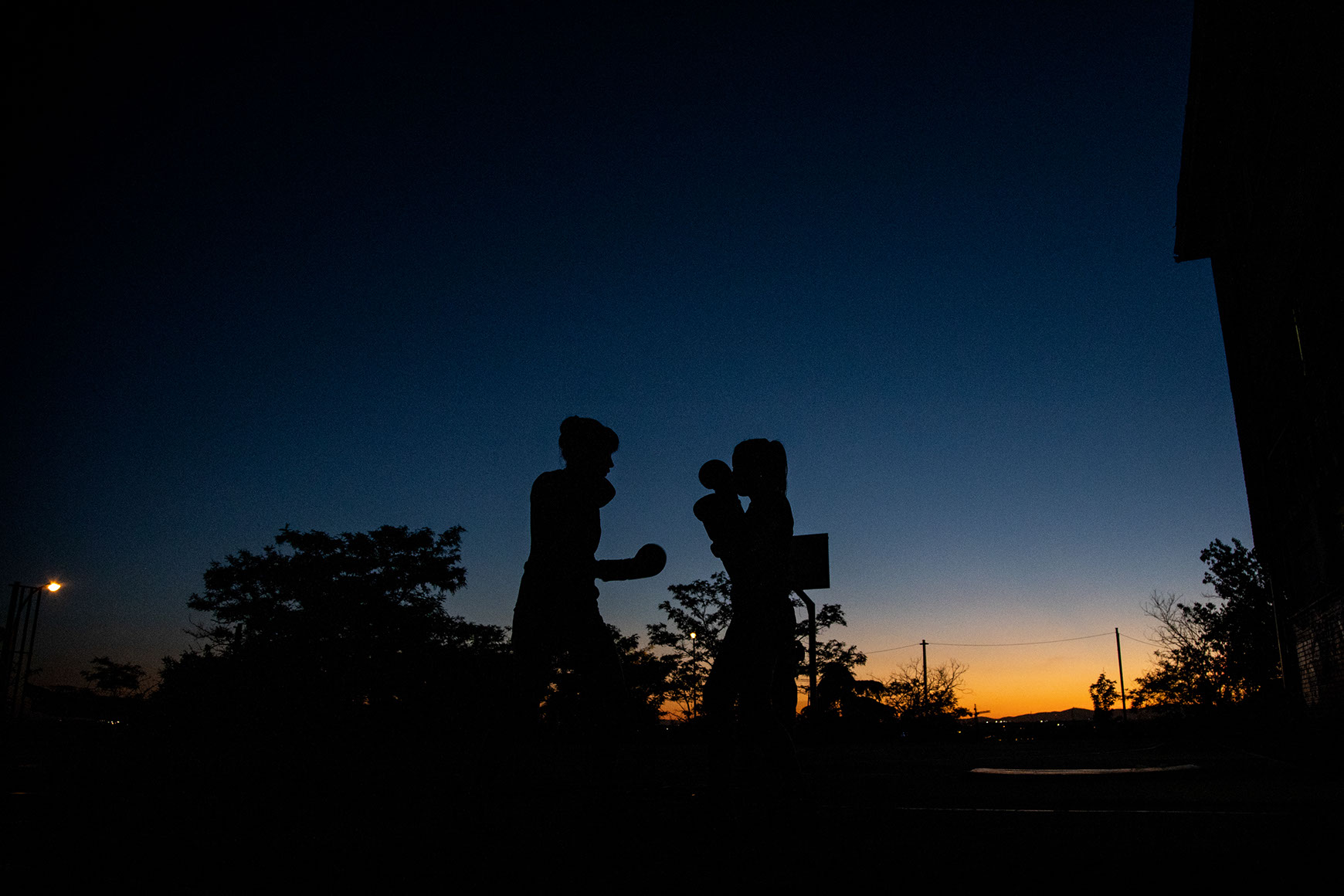
Countries Involved
France, Germany, Greece, Italy, Poland, Spain, Sweden, Switzerland, and the United Kingdom.
Duration of Project
2017 - January 2020
With the Support of
